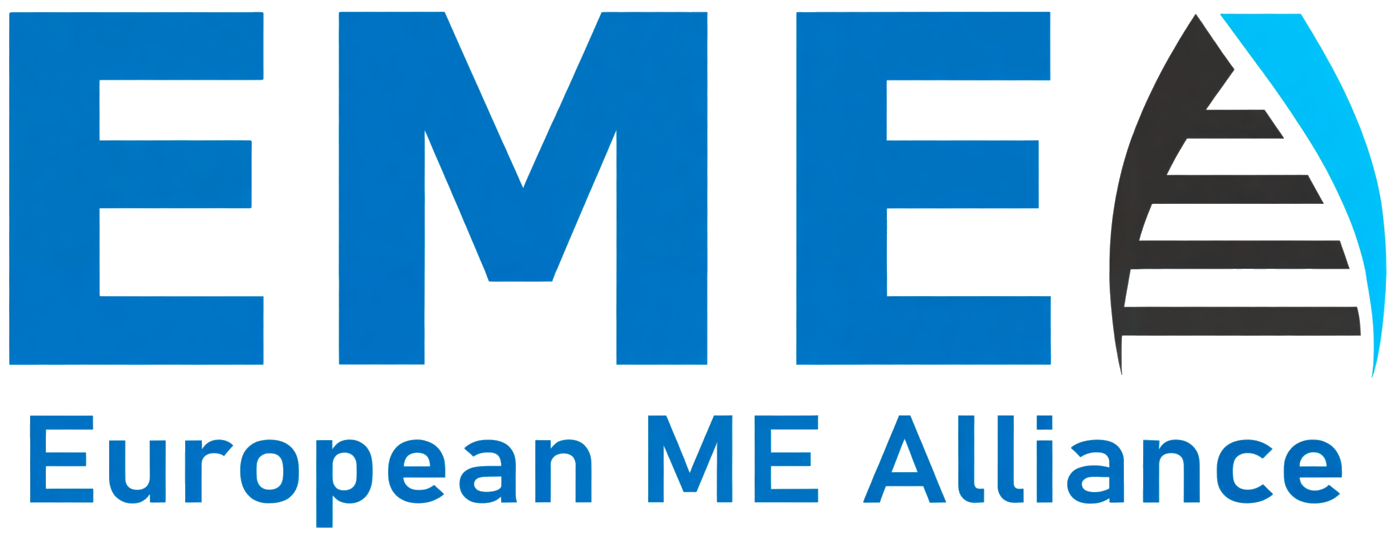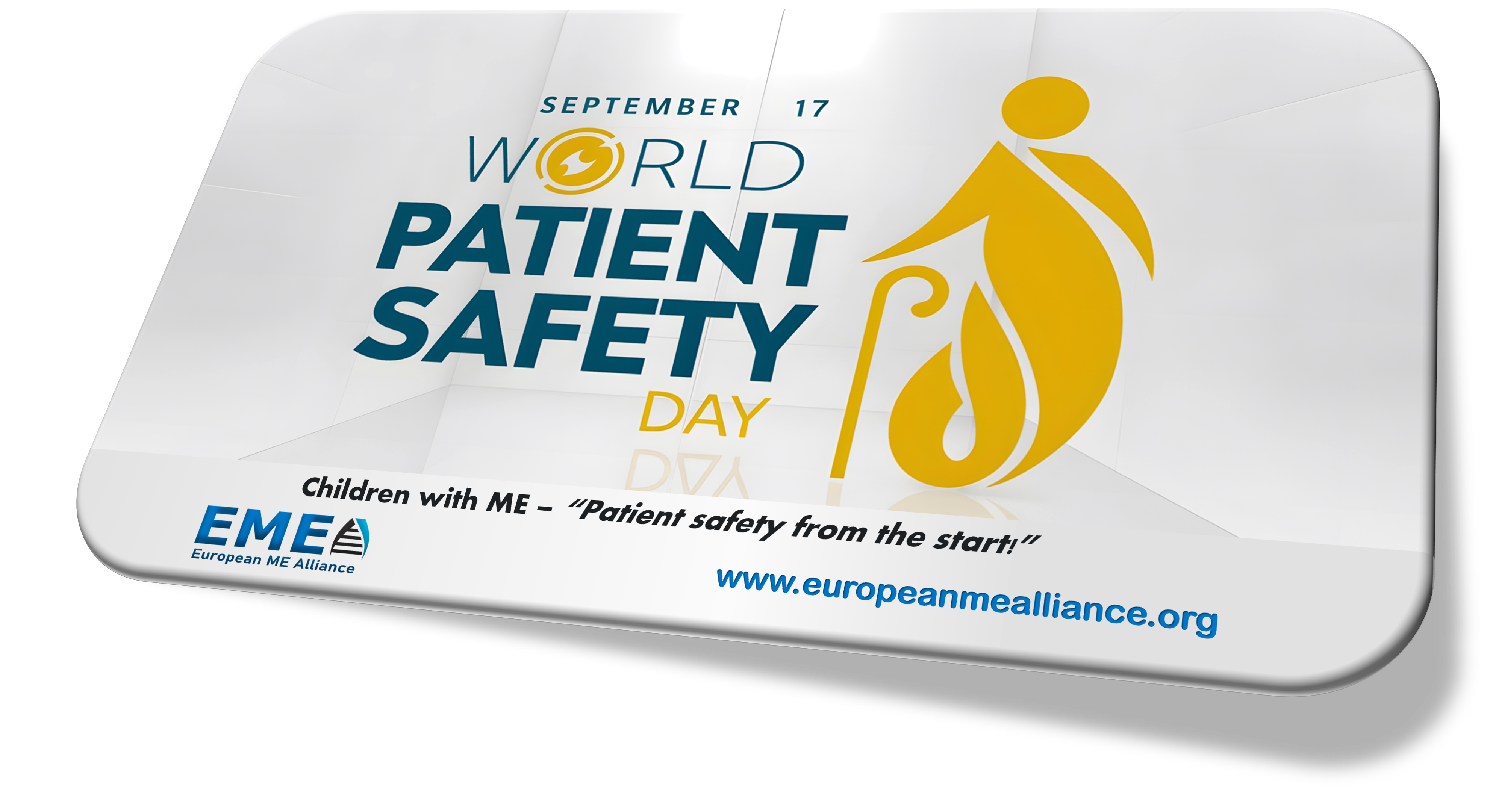World Patient Safety Day 2025: Children with ME - “Patient safety from the start!”
17 September 2025
Every child has the right to safe, high-quality healthcare — from the very beginning.
On World Patient Safety Day , EMEA joins the global campaign to promote this year’s theme - “Patient safety from the start!” — focusing on safe care for every newborn and every child.
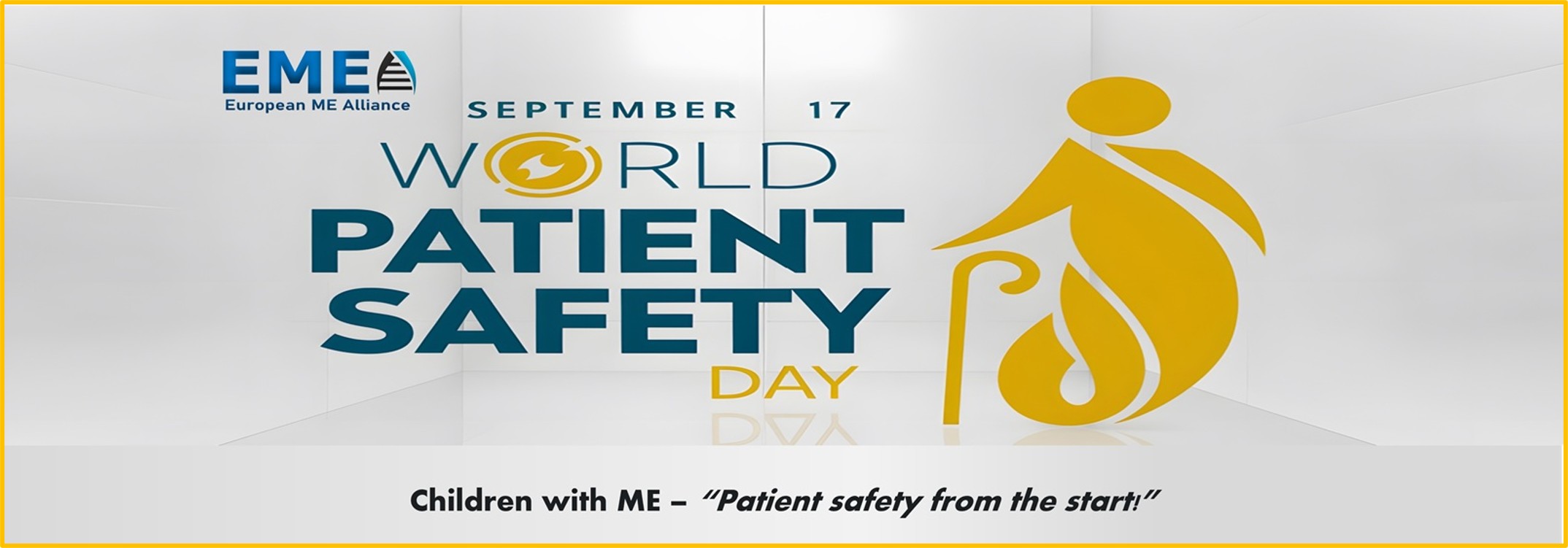
Why Patient Safety for Children with ME Matters
Children with Myalgic Encephalomyelitis (ME, sometimes referred to as ME/CFS) are still too often overlooked by health and education systems.
ME is a serious, WHO-recognised neurological disease, yet many children with ME:
- Miss long periods of school due to their illness
- Struggle to take part in social or everyday activities
- Face suspicion, disbelief, or a lack of understanding from professionals — including those meant to support them
- Experience social isolation , which frequently extends into adulthood
This is a patient safety issue but the harm does not end with the child.
Families of children with ME often encounter barriers when seeking care and support. Instead of being listened to, they are frequently doubted or challenged — including by the very systems meant to protect and assist them.
These children need care, education, and support tailored to their needs — so they are not left behind, and not exposed to further harm.
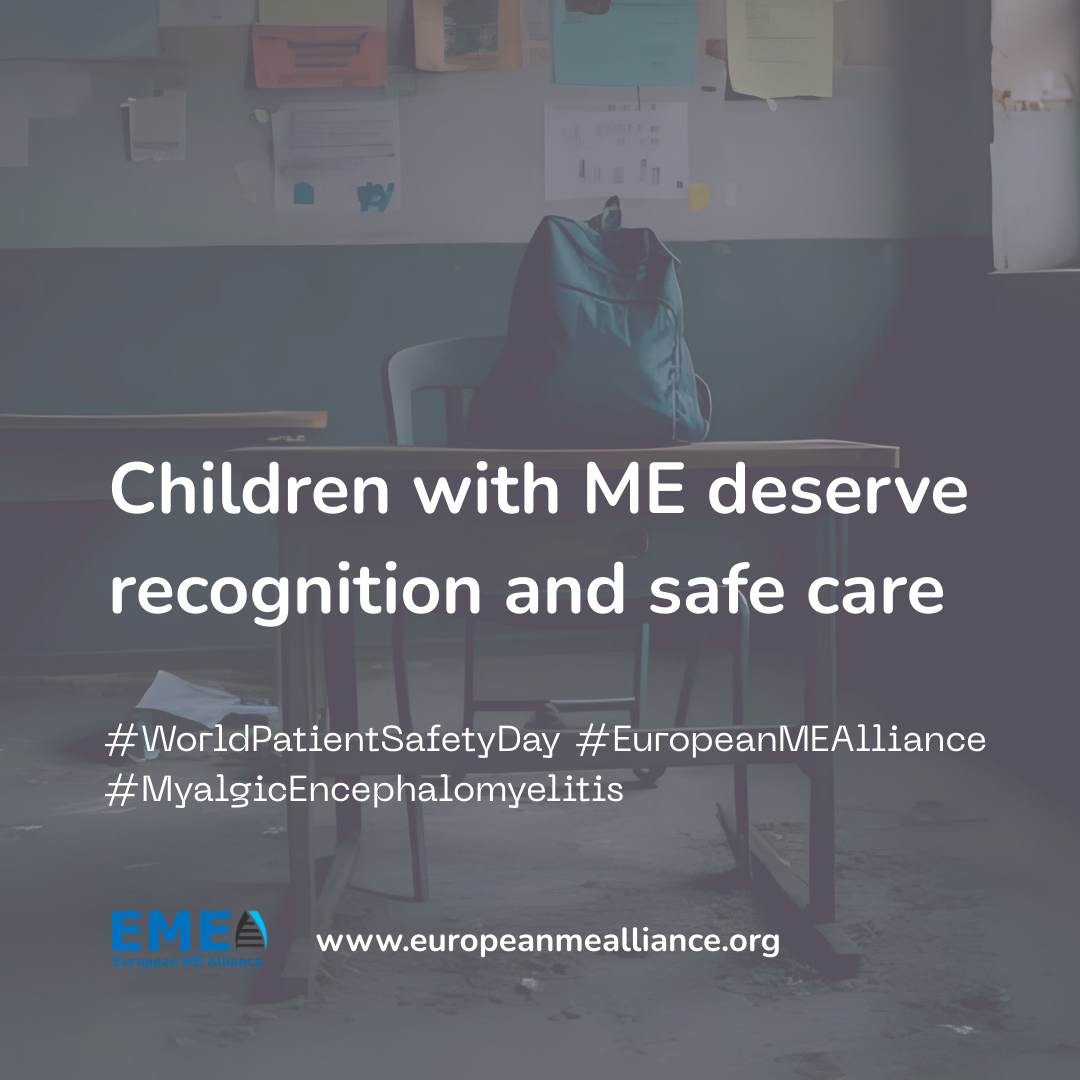
EMEA Activities - Campaigning for Change
EMEA is approaching governments, educators, and healthcare agencies to:
- Recognise ME as a serious paediatric health condition
- Ensure that children with ME receive care and learning support adapted to their condition
We are urging the European Union to:
- Formally recognise ME as a significant issue in paediatric healthcare
- Conduct an EU Impact Assessment to determine the true prevalence, economic impact, and care gaps for children with ME
- Include ME/CFS in the EU Disability Strategy, ensuring access to appropriate services and support under EU frameworks and funding programmes
- Coordinate biomedical research through established EU structures, such as Horizon Europe and EU4Health
- Support the establishment of European Centres of Excellence for ME to replace fragmented efforts with harmonised approaches to research, diagnosis, and care pathways — especially for children
- Include evidence-based, open-access ME training materials in EU education and healthcare programmes (e.g. Erasmus+), so healthcare professionals can identify ME early and manage it appropriately, and education professionals understand how to provide flexible, individualised learning support
EMEA has joined international partners in calling on the World Health Organization to:
- Prioritise ME as a serious neurological disease affecting children and young people
- Update clinical guidelines and improve diagnostic sensitivity for paediatric ME
- Increase support for research into the impact of ME on children’s health, education, and quality of life
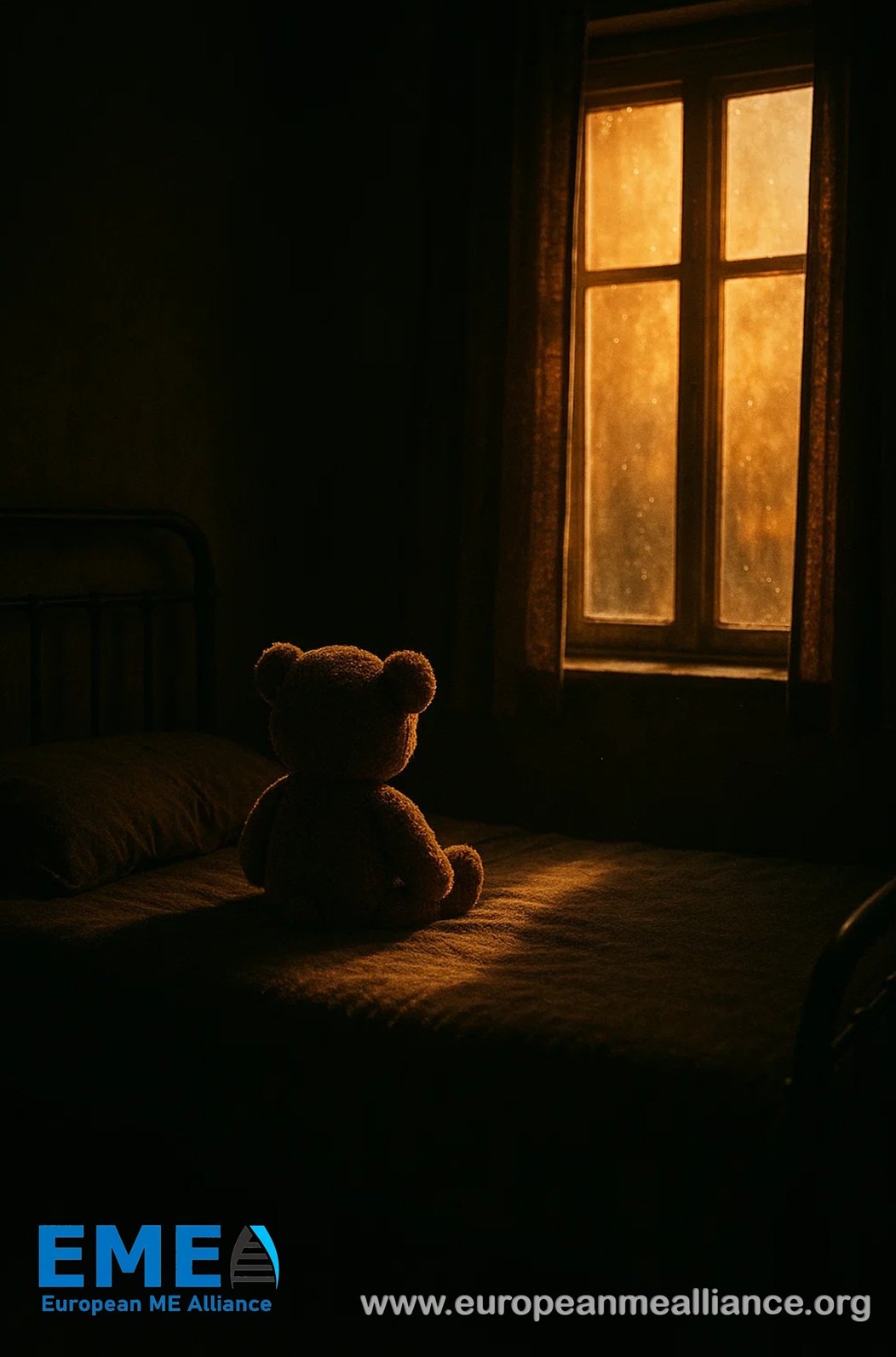
Safe Care for Children with ME
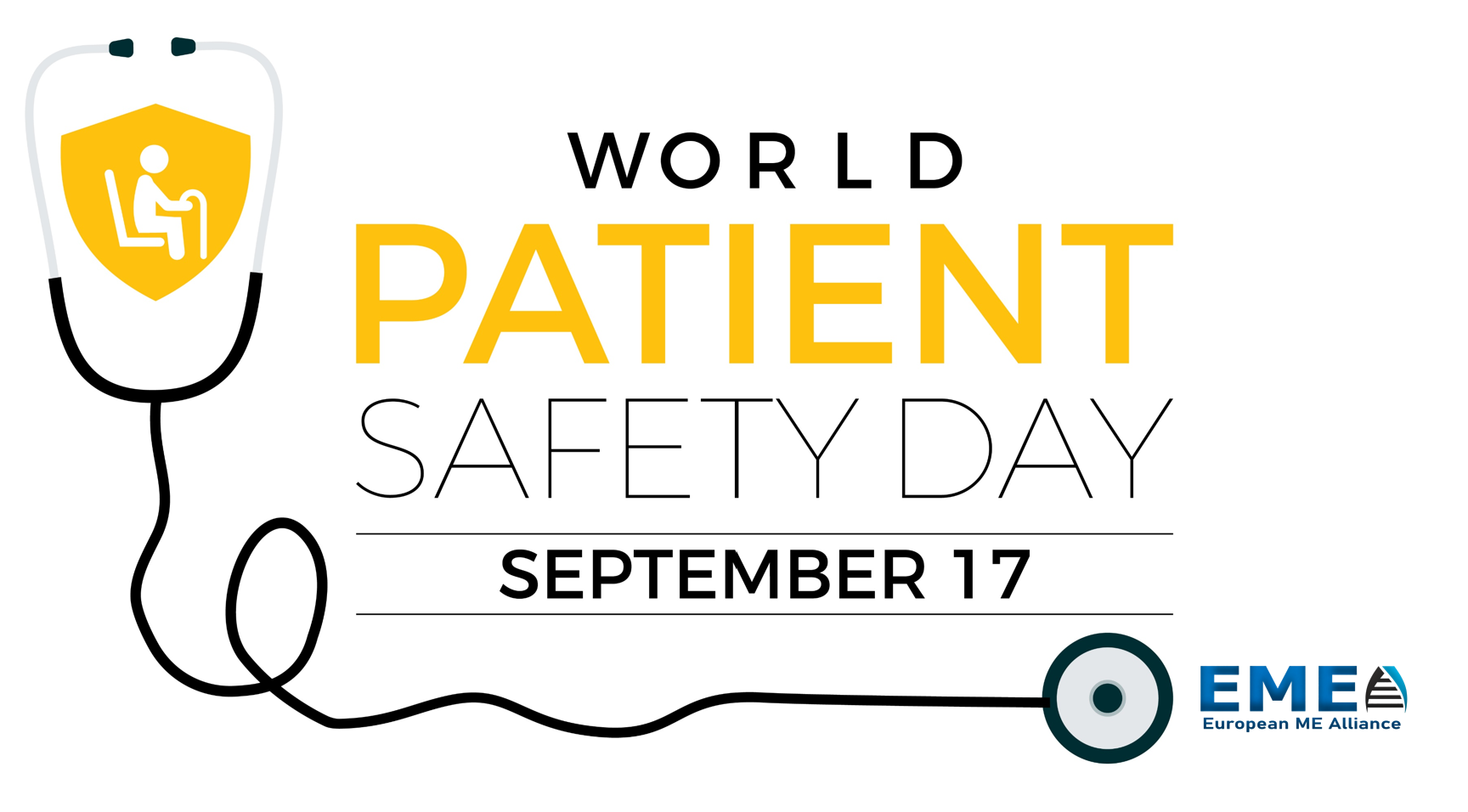
This World Patient Safety Day , we echo a simple but urgent truth:
Every child deserves safe, high-quality, compassionate care — from the very start
For children with ME, this means:
- Believing children and their families.
Listening to children and their families is the foundation of safety. - Ensuring early diagnosis , with care tailored to each child’s needs
- Preventing harm through better understanding of the realities of living with ME
- Providing support at school and at home , so no child is left behind or excluded
- Protecting families from the harm caused by disbelief, delay, or dismissal
Patient Safety Begins with Being Seen
On 17 September, World Patient Safety Day , we highlight the need to see, hear, and protect even the most invisible children — those with a disease that is still too often ignored.
This includes listening to parents and carers , who are vital advocates for their children’s safety and wellbeing.
EMEA remains committed to making this the reality for every child with ME — and for their families.
